DEPARTMENT OF CITY PLANNING
The Department of City Planning =takes pride in developing planning for quality of life within the Pittsburgh. Neighborhood planners serve to empower communities to plan their future, providing a key link to city government and resources. The Department coordinates and develops the City’s Comprehensive Plan, a resource combining analysis of neighborhood and system-wide interrelated challenges, from affordable housing to community development and open space. They also conduct project development reviews related to Americans with Disabilities Act (ADA) compliance, stormwater management and environmental reviews.
In June of 2019, OneStopPGH was launched online, providing a central location for all zoning, permitting and licensing needs. Users simply create an account to begin submitting information and required documents for review by Zoning and the Department of Permits,
Licenses and Inspections (PLI). This system limits users’ trips to the office, thereby allowing them a more efficient review process from city departments. For non-native English speakers, there is information available on the site in additional languages.
EngagePGH is a secondary online database of all Pittsburgh City Planning Projects. It allows visitors to choose categories, locations or specific projects through a search tool, and also has detailed information and photos to correspond with all projects the City has undertaken.
More about the Office of City Planning
Below is a list of content in the Office of City Planning's Transition Brief (prepared by Thomas Consulting Group for The Pittsburgh Foundation).
|
KEY FINDINGS
|
|
MORE ABOUT THE OFFICE
|

